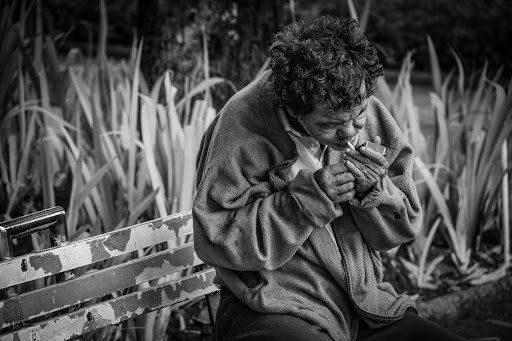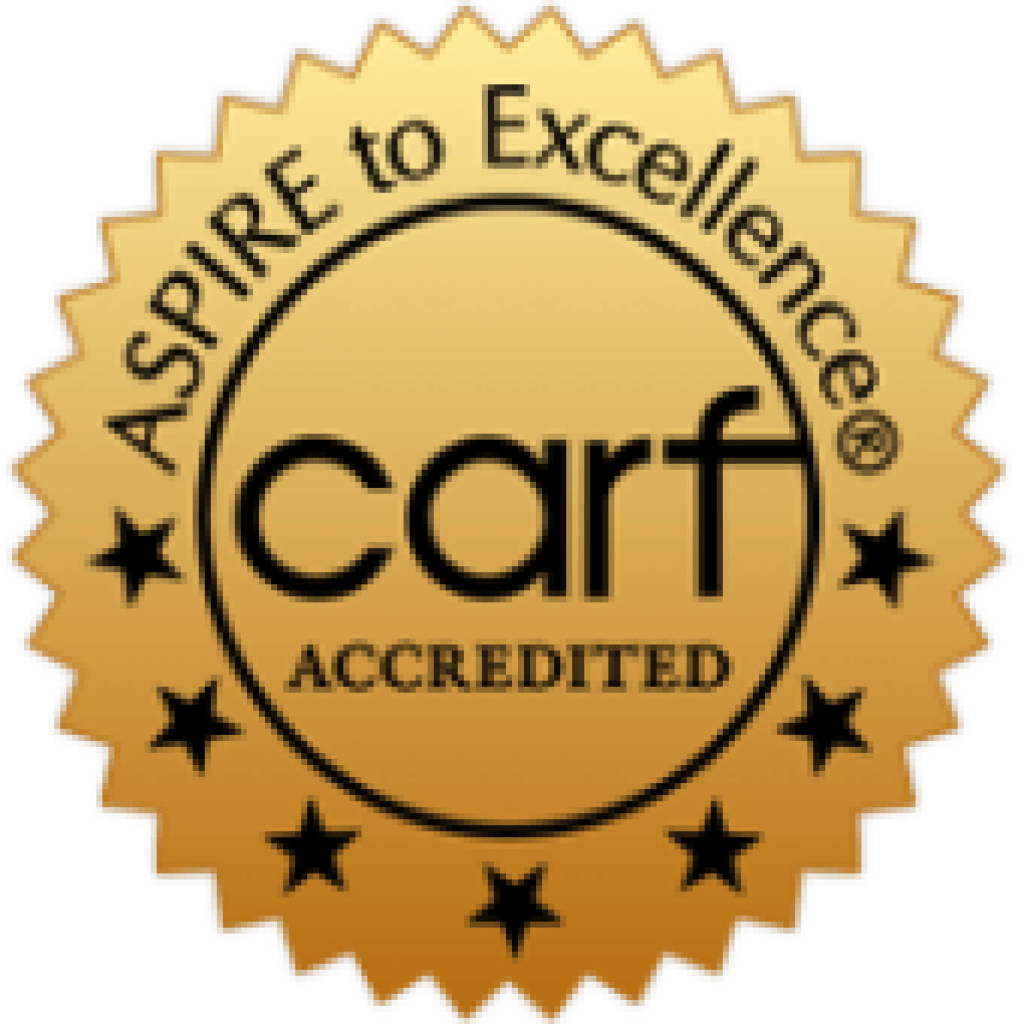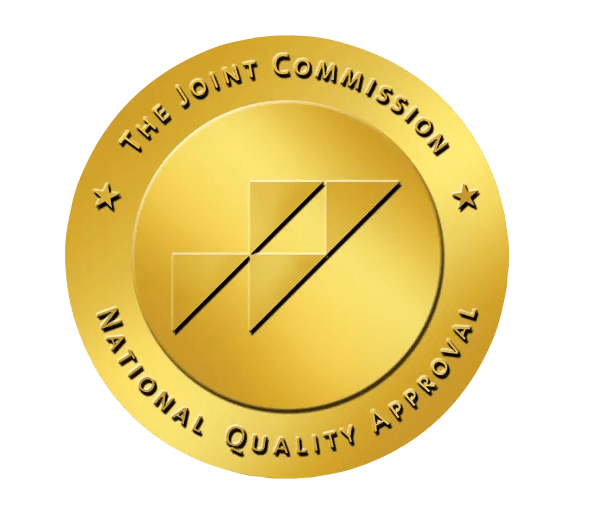7 Signs Your Loved One Has Relapsed
Warning Signs That Your Loved One May Be Relapsing
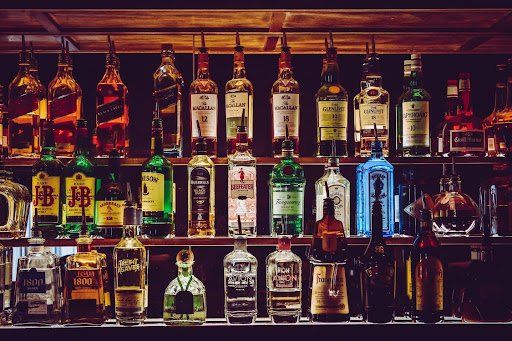
While relapse is prevalent, it can be avoided with the correct tools and the help of family members and treatment specialists.
It is critical, but not simple, to recognize the warning indications. It's simpler to spot recurring hazardous behaviors in certain people than in others.
Even so, there are a few standard methods to tell whether a loved one is on the mend.
According to various medical studies and academics, the following are some of the most typical indicators of recurrence.
RELATED:
How Does Trauma Result in Addiction? →
1. High-Stress Levels
Pay greater attention to your loved ones if they are experiencing elevated stress levels as a result of a major shift or a series of little issues.
Stress is among the most potent markers of relapse, and the contemporary world regrettably has a lot of it. A slip might occur due to circumstances such as job hunting, divorce, or simply adapting to living outside of a rehab center.
Other signs, such as an exaggerated response to "spilled milk" or missing keys, may suggest that a loved one is starting to become overwhelmed by life's little irritants.
2. Theft or Begging for a Loan
Unexpected and recurrent demands for money are a significant signal of money troubles or financial irresponsibility, which is a common practice among drug abusers who put short-term gratification of their substance addiction above long-term health or relationships.
This may also manifest itself in the absence of objects from your house, such as technology, jewelry, furniture, clothes, etc.
3. Sobriety-Related Attitudes and Behavior
When your loved one leaves treatment for the first time, they may appear proud and eager to resume their recovery path.
They'll go to support groups, interact with sponsors, and put what they've learned throughout treatment into practice. Take note, though, if you realize that established habits are slipping.
Something is amiss if the loved one is engaging less in the recovery program or appears less excited about their sobriety for any reason.
A warning is if their healthy habits alter or their conduct becomes defensive and avoidant.
4. Physical Appearance Changes
Abuse of drugs and alcohol soon becomes a key focus in an abuser's life, wreaking havoc on healthy, everyday hygiene and beauty habits.
These changes affect not just the person but also the environment in which they live.
5. Isolation and Social Avoidance
It is natural for someone to feel uneasy among people after exiting a treatment center.
However, if the person makes no effort to mingle and constantly has a reason for not being able to attend an occasion, something is wrong. The loved one might be severing ties with others who are supportive of their recovery.
Take note if you see their hygiene deteriorating every time you see them, a shift in body weight, or the fact that they appear exhausted.
6. Denial or A Protective Posture
One of the most difficult things you will ever do is confront your loved one or an acquaintance about their hidden conduct, which you feel is connected to drug misuse.
Their blatant defensiveness or denial in response to your worries is even more challenging.
Keep in mind that drug abusers do not always have their interests in mind and will not recognize aid if it is in front of them.
7. Exposed to Risky Behavior
Individuals must make a total lifestyle adjustment in order to sustain and support their recovery.
However, when somebody is relapsing, they may revert to previous patterns, such as making unsafe judgments. They engage in illogical behaviors such as recreational drug use or social drinking.
The loved one may be relapsing if you observe them struggling to make good choices, seeming confused, or lacking self-control.
Another sign is if they stick with the same groups of people that first inspired their usage.
Conclusion
Pathways Recovery Centers are dedicated to helping people prevent relapse even after they leave the rehab center. We work with a holistic approach that targets the root cause of the addiction disorder. Please reach out today to get the conversation stared.





